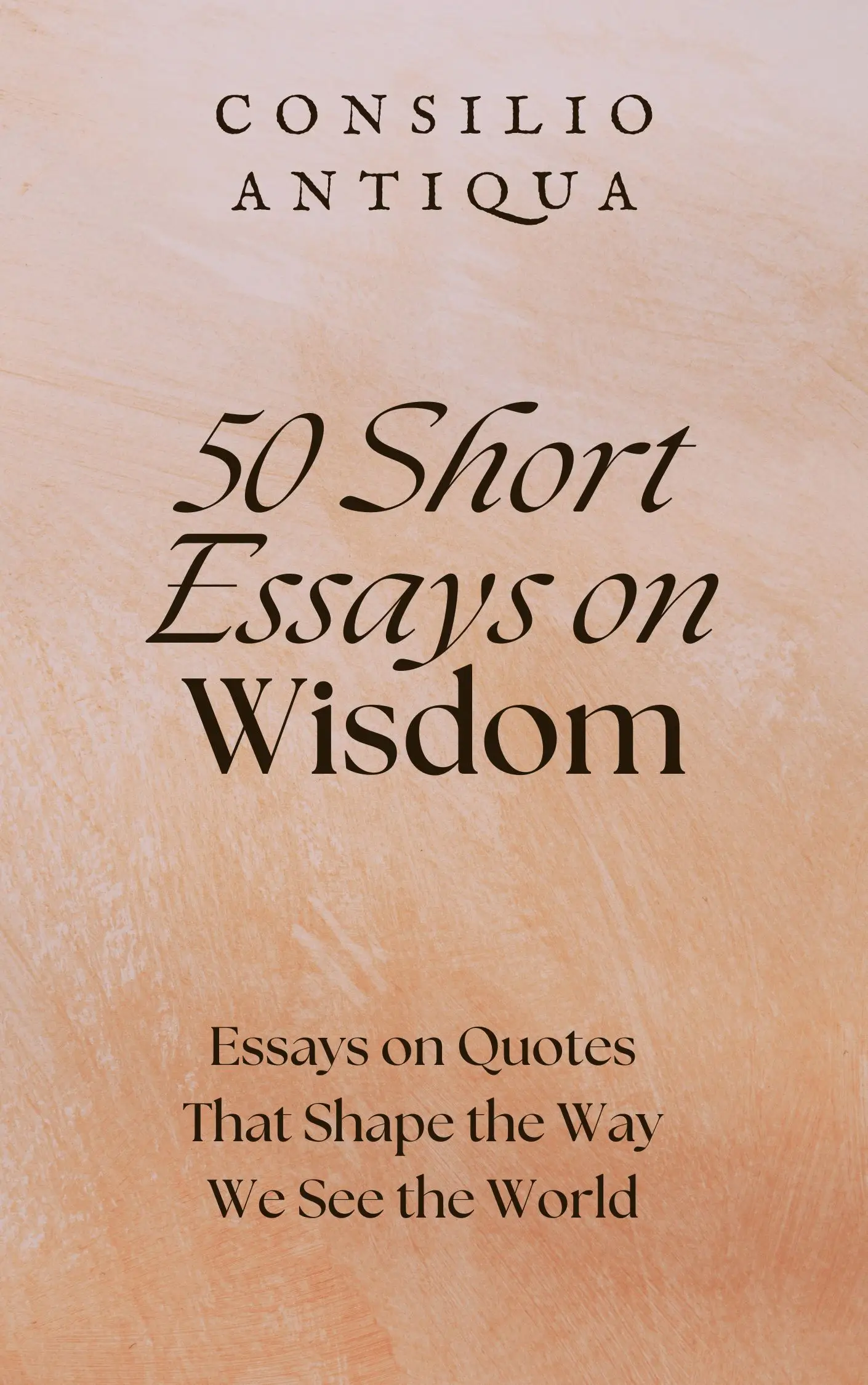
50 Short Essays on Wisdom | The Certain Bird
The Certain Bird
"A bird in the hand is worth two in the bush." - Aesop
The crisp autumn air carries the scent of woodsmoke and fallen leaves. A lone robin, plump and red-breasted, hops across the lawn. It's a simple image, yet it speaks volumes about the enduring wisdom encapsulated in the proverb, "A bird in the hand is worth two in the bush." This seemingly straightforward adage, attributed to Aesop, speaks to a fundamental human tension: the allure of potential versus the security of the present. This essay will explore the timeless wisdom of this proverb, examining its historical context and its surprisingly relevant application to the complexities of modern life.
Aesop's fables, passed down through generations, often employed simple animal characters to illustrate profound truths about human nature. "A bird in the hand" likely originated in a time when sustenance was precarious, and the certainty of a single bird in one's grasp held far greater value than the uncertain prospect of catching two more. This reflects a worldview shaped by scarcity and the constant struggle for survival. The proverb's enduring power lies in its ability to transcend its agrarian origins, resonating across cultures and time periods. From ancient Greece to modern-day boardrooms, the core message remains: sometimes, the sure thing is better than the gamble.
At its heart, the proverb highlights the importance of appreciating what we have. It's a caution against the insatiable human desire for more, a reminder that chasing elusive possibilities can lead to the loss of present blessings. The "bird in the hand" represents security, stability, and the tangible fruits of our labor. The "two in the bush" symbolize the alluring but uncertain promise of future gains, the potential for greater rewards that may never materialize. The proverb doesn't advocate for complacency; rather, it encourages a balanced approach, urging us to carefully weigh the risks and rewards before abandoning the certain for the uncertain.
Consider the young entrepreneur who sacrifices a stable job for a risky startup. The "bird in the hand" is the security of employment, a steady income, and established benefits. The "two in the bush" are the potential for immense wealth and independence. Or imagine the individual grappling with a challenging relationship. The "bird in the hand" might be a comfortable, albeit imperfect, partnership. The "two in the bush" represent the alluring possibility of a more fulfilling connection, but with the risk of heartbreak and loneliness. In both scenarios, the proverb serves as a reminder to carefully assess the potential gains against the certainties we might lose. The decision isn't about rejecting ambition, but about making informed choices, recognizing that sometimes, holding onto what we have is the wisest course of action.
This proverb has resonated with me deeply, particularly in moments of uncertainty and transition. It's a gentle nudge to appreciate the present, to find contentment in the midst of striving. It's not about settling for less, but about recognizing the value of what we already possess. What "birds" do you hold in your hand? What "bushes" are you tempted to chase? What is the balance between security and risk in your own life? Consider these questions, and perhaps you will find a deeper understanding of this ancient wisdom's enduring relevance.
"A bird in the hand is worth two in the bush" is more than just a proverb; it's a timeless reminder to value the present, to appreciate the tangible fruits of our labor, and to make informed choices when faced with the allure of uncertain futures. The wisdom it offers remains as relevant today as it was centuries ago, a quiet guide in navigating the complexities of life's choices.
